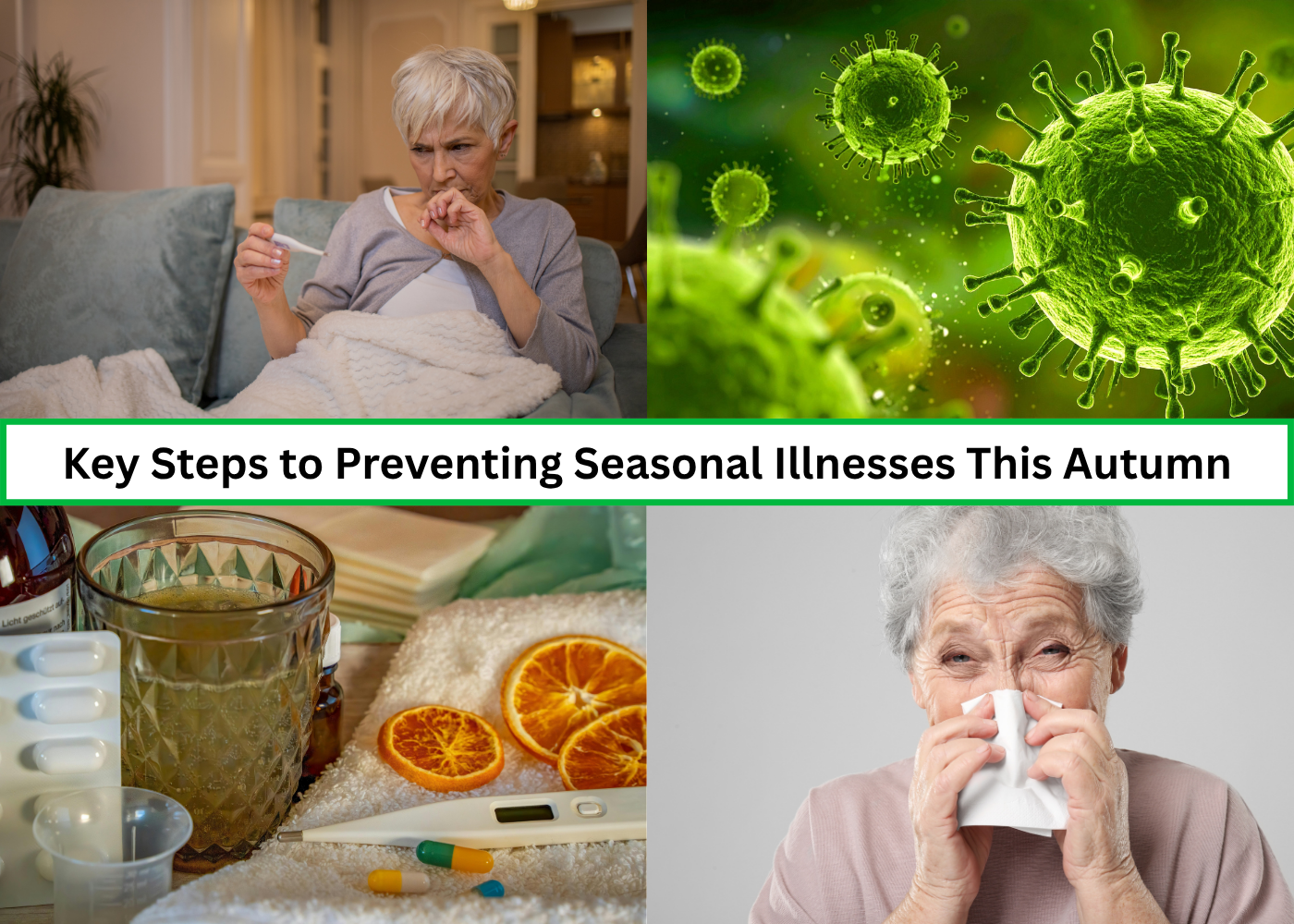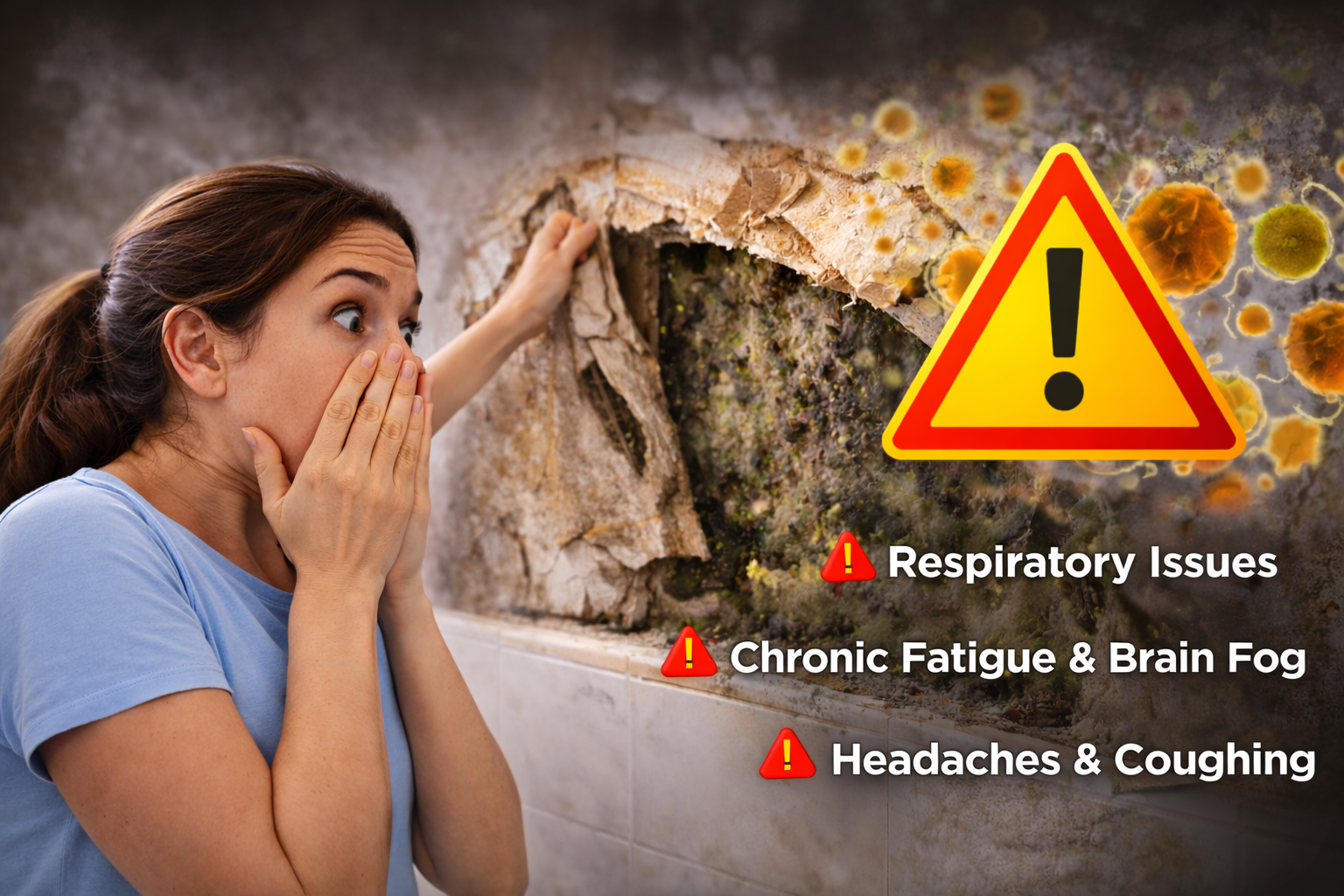
As the weather cools and fall settles in, so do the seasonal health challenges that come with it. During this time of year, viruses like the flu, common colds, and respiratory infections become more prevalent. It is also the season when staying healthy becomes a priority for everyone. Let’s dive into what you need to know about the most common infectious diseases circulating this season and how to protect yourself and others.
1. Flu Season Is Here
Flu season typically begins in the fall and peaks during the winter months. This year, flu cases have already started to increase in several parts of the country. The flu virus is highly contagious and can lead to serious complications, especially for older adults, young children, and people with chronic health conditions.
The flu vaccine remains the best way to protect yourself against the flu. Each year, the vaccine is updated to match the circulating strains of the virus. Not only does it help prevent you from getting sick, but it also helps reduce the spread of the virus to others, particularly those who are most at risk for complications [1].
2. Common Colds and RSV: Other Fall Viruses to Watch Out For
Along with the flu, other respiratory viruses like the common cold and Respiratory Syncytial Virus (RSV) are also more common in the fall months. Colds are typically mild but can still be uncomfortable, with symptoms like a sore throat, congestion, and cough. RSV, on the other hand, can lead to serious respiratory problems, particularly in young children and older adults. It spreads quickly, especially in places like schools, daycare centers, and hospitals.
While there are no vaccines for the common cold or RSV, practicing good hygiene such as frequent handwashing, covering your cough, and avoiding close contact with sick individuals can help reduce the chances of getting infected [2].
3. COVID-19: Still Part of the Picture
Though COVID-19 is no longer the emergency it once was, it remains a consideration during fall and winter months, as the virus can still spread easily. Many people have built immunity to COVID-19 either through vaccination or past infections, but the virus can still cause severe illness, especially in people with weakened immune systems or underlying health conditions.
It is important for those at higher risk of complications, such as the elderly, pregnant women, and people with chronic health issues, to stay informed and consult their healthcare providers on how to best protect themselves as the weather cools [3].
4. Protecting Yourself: Healthy Habits for the Fall
While vaccinations are important, there are many other ways to help keep yourself healthy during the fall:
- Wash Your Hands Regularly: Frequent handwashing is one of the simplest and most effective ways to prevent the spread of viruses. Make sure to wash with soap and water for at least 20 seconds.
- Stay Home When Sick: If you’re not feeling well, staying home not only helps you rest but also prevents the spread of illness to others, especially those who may be vulnerable.
- Cover Your Mouth and Nose: Always cover your coughs and sneezes with a tissue or the crook of your elbow to minimize the spread of germs.
- Get Plenty of Rest: A strong immune system is essential for warding off illnesses. Make sure you’re getting enough sleep to help your body fight infections.
- Stay Active and Eat a Balanced Diet: Regular exercise and eating nutritious foods can boost your immune system, making you less likely to fall ill.
- Talk to Your Doctor About Supplements: Certain vitamins and minerals can help support your immune system during cold and flu season. For example, Vitamin D, Vitamin C, and Zinc are commonly recommended to help boost immunity. However, it is important to discuss any supplements with your doctor before starting them, as they can interact with medications or be unnecessary based on your current diet and health needs.
5. What to Expect This Fall
As we move deeper into the fall season, it is essential to stay vigilant about infectious diseases like the flu, common colds, and COVID-19. With viruses circulating more easily in cooler weather, it is essential to take proactive steps to protect yourself and those around you. Vaccines remain an important tool in this effort, along with everyday practices like handwashing, staying home when sick, and maintaining a healthy lifestyle.
By staying informed and taking preventive steps, you can help ensure a healthier autumn for yourself and those around you.
Stay Healthy This Autumn!
Autumn may bring crisp weather and colorful leaves, but it also brings an increase in seasonal viruses. Protecting yourself from the flu, colds, and other respiratory infections ensures you can enjoy the season without falling ill.
References:
- Canters for Disease Control and Prevention. (2023, October 20). Flu summary addendum: 2023-2024 influenza season. Centers for Disease Control and Prevention. https://www.cdc.gov/flu/whats-new/flu-summary-addendum-2023-2024.html
- World Health Organization. (2023, December 15). Respiratory infectious diseases on the rise across WHO European Region. World Health Organisation. https://www.who.int/europe/news/item/15-12-2023-respiratory-infectious-diseases-on-the-rise-across-who-european-region
- Regan JJ, Moulia DL, Link-Gelles R, et al. Use of Updated COVID-19 Vaccines 2023-2024 Formula for Persons Aged ≥6 Months: Recommendations of the Advisory Committee on Immunization Practices – United States, September 2023. MMWR Morb Mortal Wkly Rep. 2023 Oct https://pmc.ncbi.nlm.nih.gov/articles/PMC10602621





